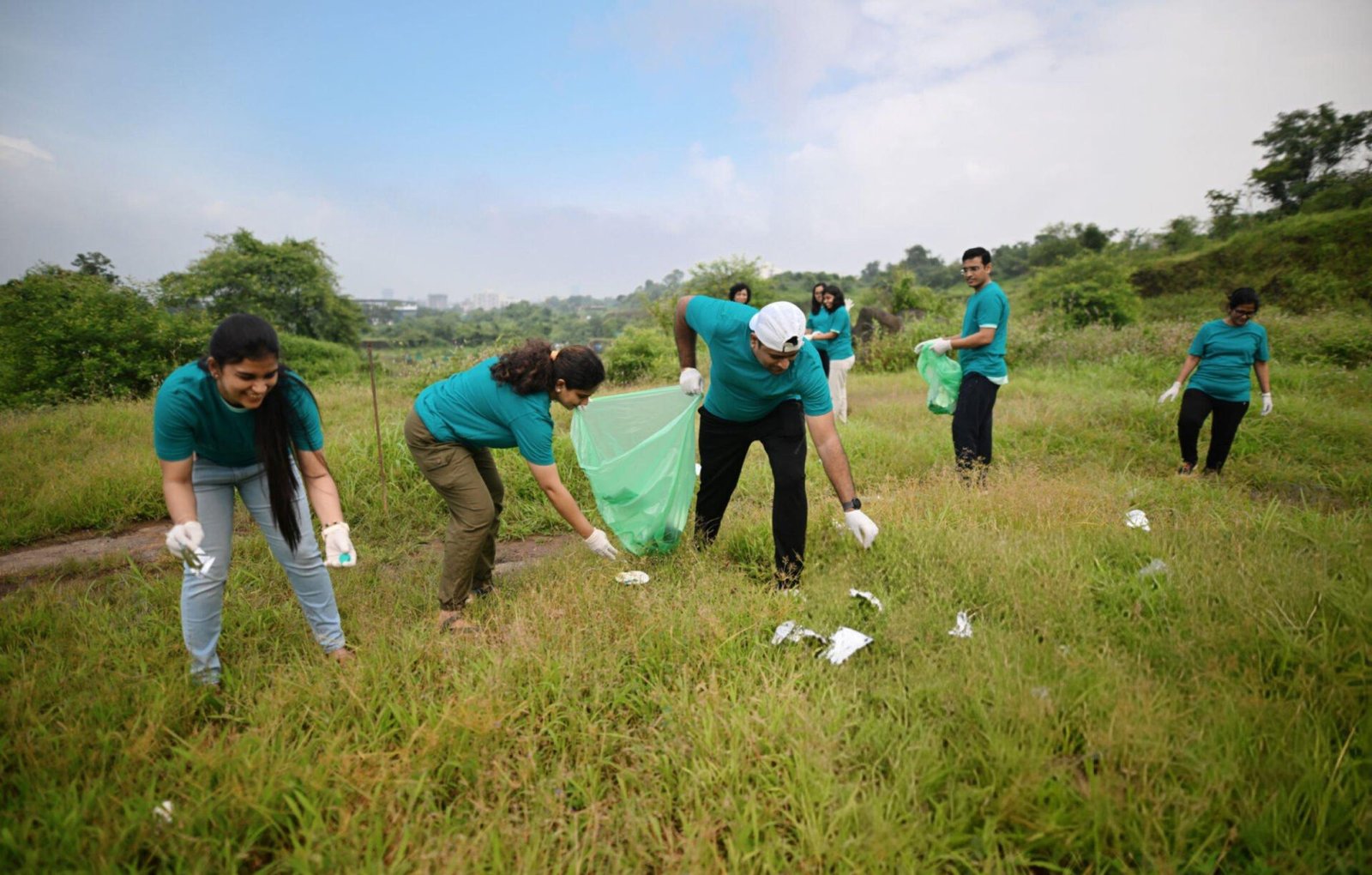India and Sustainability: A Path Towards a Greener Future
India, as one of the fastest-growing economies in the world, faces a critical challenge—balancing development with sustainability. With increasing pollution, climate change, and resource depletion, sustainable development in India is essential for a better future. The government, industries, and citizens are taking significant steps to ensure environmental protection, economic growth, and social well-being.
What is Sustainability?
Sustainability means meeting the needs of the present without compromising the ability of future generations to meet their needs. It includes three main aspects:
Environmental Sustainability – Protecting natural resources and reducing pollution.
Economic Sustainability – Promoting eco-friendly industries and jobs.
Social Sustainability – Ensuring equality, education, and healthcare for all.
India’s Key Sustainability Challenges
Air and Water Pollution
Cities like Delhi face severe air pollution due to vehicle emissions, industrial waste, and crop burning.
Water bodies like the Ganges are polluted due to industrial discharge and waste dumping.
Deforestation and Biodiversity Loss
Rapid urbanization and infrastructure projects lead to the destruction of forests and wildlife habitats.
Waste Management Issues
India generates over 62 million tons of waste annually, with plastic waste being a major concern.
Climate Change Impact
Rising temperatures, unpredictable monsoons, and frequent floods and droughts affect agriculture and livelihoods.
Sustainable Initiatives in India
Renewable Energy Growth
India is focusing on solar energy, wind energy, and hydropower to reduce dependence on fossil fuels.
The International Solar Alliance (ISA) promotes solar energy worldwide.
Swachh Bharat Abhiyan (Clean India Mission)
A national campaign to promote cleanliness, sanitation, and waste management.
Plastic Ban and Waste Recycling
Several states have banned single-use plastics.
Recycling initiatives are growing to manage plastic and electronic waste.
Smart Cities Mission
Encouraging sustainable urban development with green buildings, efficient water use, and better public transport.
Afforestation Programs
Project Green India and other tree plantation drives aim to restore forest cover and combat climate change.
How Citizens Can Contribute to Sustainability
Reduce Plastic Use – Carry reusable bags, bottles, and avoid single-use plastics.
Save Water and Energy – Use energy-efficient appliances and conserve water.
Use Public Transport – Reduce carbon footprint by using buses, metros, or cycling.
Support Sustainable Brands – Buy eco-friendly and ethical products.
Participate in Clean-Up Drives – Join local efforts to clean rivers, parks, and streets.
India’s journey towards sustainability is challenging but essential for a better tomorrow. With collective efforts from the government, industries, and individuals, we can achieve a greener, cleaner, and healthier India. Every small step counts in making sustainability a way of life.
#SustainableIndia #GreenFuture #ClimateAction #EcoFriendly #IndiaRenewableEnergy #ZeroWasteIndia


